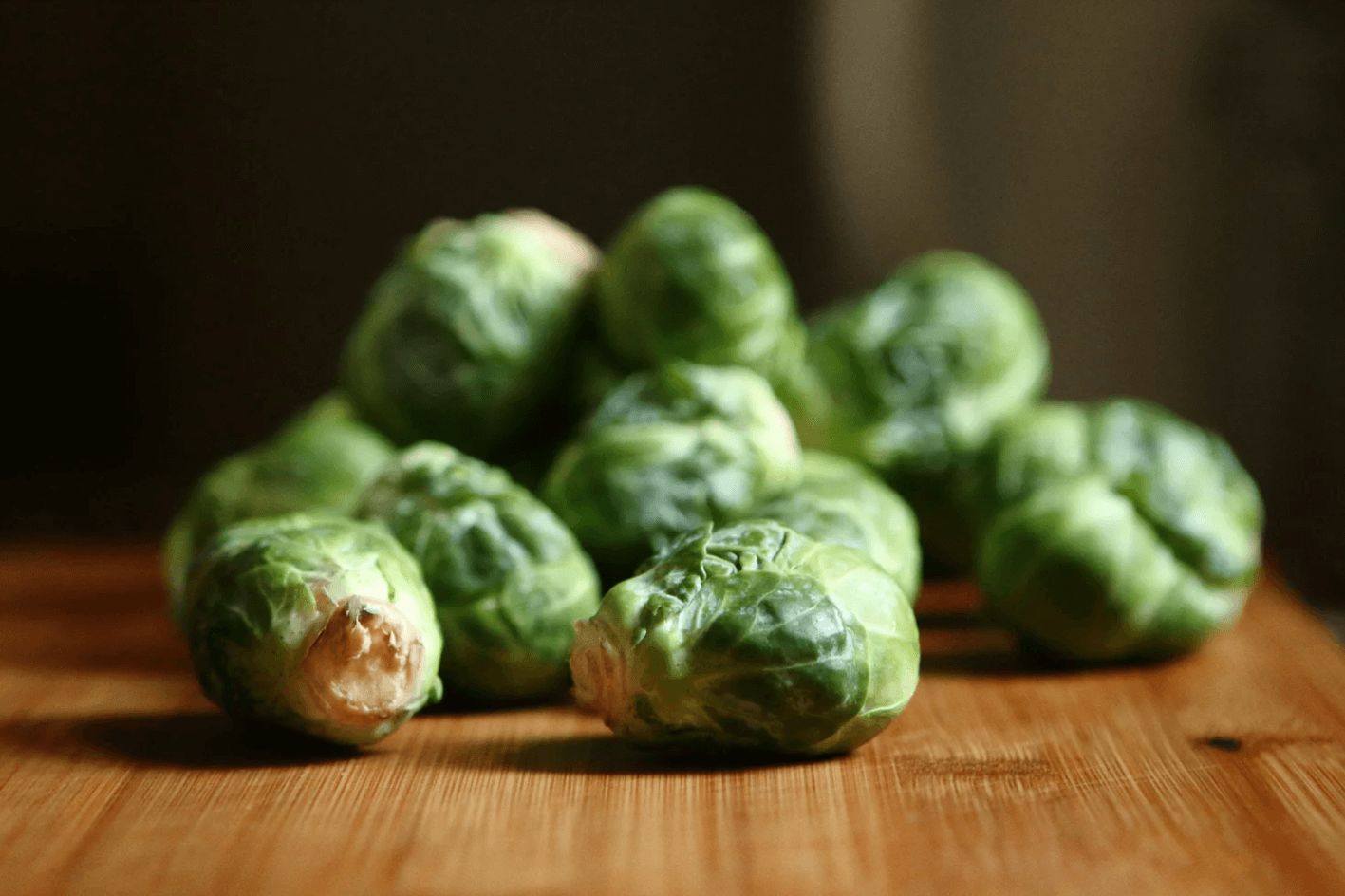- Thriving Guide
- Posts
- The Health Benefits of Eating Brussels Sprouts Regularly
The Health Benefits of Eating Brussels Sprouts Regularly
This underrated veggie may do more than just support digestion it could help balance blood sugar, protect your heart, and even fight cancer.

Brussels sprouts might have a reputation as a polarizing vegetable, but if you’re not including them in your diet, you could be missing out on some powerful health perks. Packed with fiber, vitamins, and plant compounds, Brussels sprouts offer a range of benefits from improved blood sugar control to enhanced heart health.
Whether roasted, steamed, or stir-fried, eating Brussels sprouts regularly can make a measurable difference in your overall wellness. Here’s what happens to your body when you make this cruciferous vegetable part of your plate.
1. They Help Stabilize Blood Sugar
Brussels sprouts are high in fiber, a key nutrient for blood sugar control. Fiber slows the digestion of carbohydrates, which helps prevent rapid spikes and crashes in blood sugar after meals.
Research has consistently shown that eating more high-fiber vegetables can improve insulin sensitivity and reduce the risk of developing type 2 diabetes. One cup of raw Brussels sprouts provides 3.5 grams of fiber a simple way to support better glucose regulation.
2. They’re Loaded With Antioxidants
Brussels sprouts contain antioxidants that help protect your body from free radical damage, which can lead to inflammation and chronic disease. One of these antioxidants, kaempferol, has been studied for its anti-inflammatory and heart-protective effects.
Brussels sprouts also provide vitamin C, with a single cup delivering over 75 mg, more than 80% of the recommended daily intake for women. Vitamin C is essential for immune support, skin health, and cellular repair.
3. They Promote Digestive Health
If your digestive system could use some support, Brussels sprouts are a great choice. Their rich fiber content not only promotes regularity but also nourishes the good bacteria in your gut.
Despite this benefit, studies show that only 5% of American adults meet their daily fiber needs. Adding fiber-rich veggies like Brussels sprouts is a simple way to fill that gap.
4. They Boost Iron Absorption
While Brussels sprouts only contain a small amount of iron themselves, they’re rich in vitamin C, which helps your body absorb non-heme iron (the type found in plant-based foods). Pairing Brussels sprouts with iron-rich grains, legumes, or seeds can significantly improve your body’s ability to use the iron you consume.
5. They Support Healthy Blood Clotting
Brussels sprouts are a top source of vitamin K, with a single cup containing over 150 mcg, which exceeds your daily needs. Vitamin K plays an essential role in blood clotting and wound healing.
However, if you’re taking a blood thinner like warfarin, you may need to monitor your vitamin K intake and keep it consistent. Talk to your doctor before making major changes to your diet.
6. They Help With Weight Management
Brussels sprouts are naturally low in calories just 38 calories per cup but high in fiber, which helps you feel full longer. This makes them a smart choice for managing hunger and avoiding overeating.
High-fiber diets have been shown to support healthy weight maintenance and reduce the risk of obesity-related conditions.
7. They Support Blood Pressure and Heart Health
Brussels sprouts offer two blood pressure-friendly nutrients potassium and glucosinolates. Potassium helps counterbalance sodium, which is known to raise blood pressure, while glucosinolates sulfur-containing compounds unique to cruciferous vegetables have been found to support vascular health.
They also contain natural nitrates, which the body converts to nitric oxide. This compound helps relax and widen blood vessels, improving circulation and reducing blood pressure.
8. They Contain Compounds That May Fight Cancer
Cruciferous vegetables like Brussels sprouts contain sulforaphane and glucobrassicin, both of which have been studied for their cancer-fighting properties. These compounds may help protect DNA, reduce oxidative stress, and prevent the growth of cancer cells.
Cooking method matters: steaming helps preserve sulforaphane levels better than overcooking, which can deactivate these protective compounds.
9. They’re a Heart-Healthy Food
Thanks to their combination of fiber, antioxidants, potassium, and vitamin K, Brussels sprouts are excellent for heart health. Here’s how they contribute:
Soluble fiber lowers LDL ("bad") cholesterol
Potassium helps regulate blood pressure
Vitamin K prevents arterial calcification
Kaempferol reduces inflammation in heart tissues
Nitrates promote healthy blood flow
Brussels Sprouts Nutrition Breakdown (1 cup, raw)
Calories: 38
Protein: 3 g
Fiber: 3.5 g
Carbohydrates: 8 g
Vitamin C: 76.5 mg
Vitamin K: 159 mcg
Iron: 1.3 mg
Potassium: 350 mg
Folate: 55 mcg
A Few Considerations
While Brussels sprouts are generally well-tolerated, some people especially those with IBS may experience gas or bloating due to raffinose, an indigestible fiber. Steaming or roasting them can help reduce digestive discomfort.
If you’re on blood-thinning medications, talk to your healthcare provider before increasing your intake of vitamin K-rich foods like Brussels sprouts.
How to Make Brussels Sprouts Delicious
Not a fan of their bitterness? Try one of these simple methods to transform their flavor:
Roasted: Toss with olive oil and roast until golden and crispy. Great with a balsamic glaze or parmesan.
Steamed: Helps preserve nutrients while softening texture. Pair with lean proteins or whole grains.
Grilled: Pre-steam, then char on the grill for a smoky twist. Serve as a savory side.
Stir-fried: Slice thin and stir-fry with garlic and soy sauce for an Asian-inspired side dish.
If this inspired you to take another look at Brussels sprouts, share the article or subscribe to our newsletter for more wellness tips and recipes.